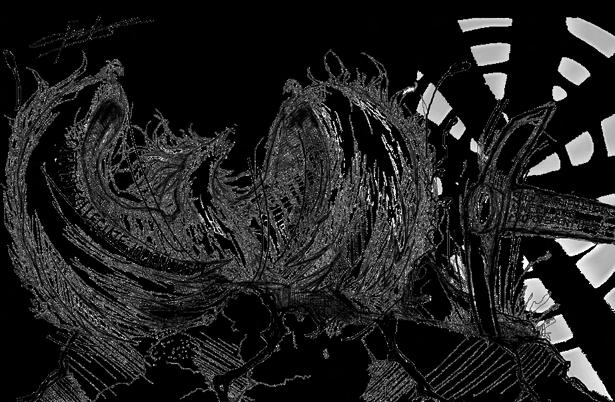
1 minute read
SUPPLE CANDOR RESONATING ECHOES: The Rebirth of Collegiate Journalism
showed that the Philippines was still among the most dangerous countries for journalists.
According to the Committee to Protect Journalists’ (CPJ) Global Impunity Index, the country was ranked 7th in the world - an analysis that looked into the rates of the unsolved killings across the globe in the past years.
Advertisement
While even the AntiTerrorism Bill was passed and the voices against it continue to echo, it has now become a threat to the community of people eagerly seeking for justice and fairness. It would be easy for the state to just tagged anyone as terrorist and danger to the country. In a few pieces of paper, you can be on the spotlight to death.
No doubt that there was a fear upon the entry of the Marcos administration. The son of the former dictator must put into his priority of changing the narrative because right after he took the oath, two prominent media practitioners were gunned down - raising fears that the culture of violence and impunity will be back soon.
Just imagine a broadcaster waking up in the morning, heading on their job but gunned down before the sun rises. Imagine a journalist covering events but later intrigued by armed personnel. Imagine that after publishing an article, you’ll be called and threaten the life of your family - but honey, this is not just imaginations, these are the experiences of our fallen heroes as they heroically fight for the truth. This is happening
Furthermore, collegiate journalism has paved the way for students to voice their opinions on various institutional issues. By providing a platform for dialogue and critical thinking, these publications encourage students to engage in constructiveZZ discussions, raise concerns, and suggest solutions. This dynamic exchange of ideas fosters a culture of transparency, accountability, and shared decision-making within HEIs.










